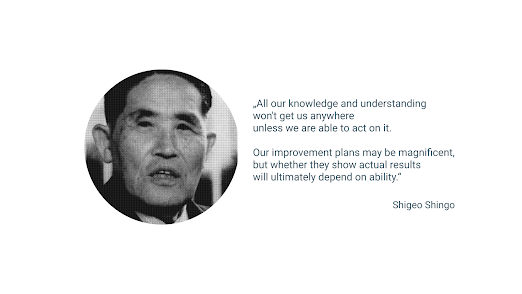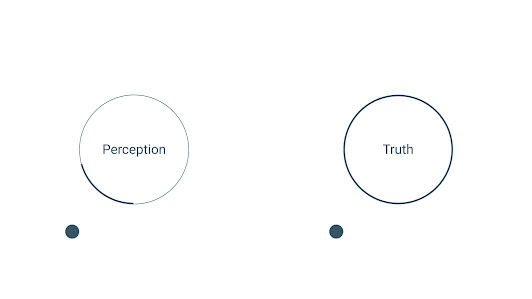L2: The source of knowledge
"To spend three years looking for a good master is better than to train for three years with a bad one."
I got that advice when studying Aiki-Jitsu during my University time. Nowadays, I see the application of this advice in every field a person wants to get better. Why?
I got that advice when studying Aiki-Jitsu during my University time. Nowadays, I see the application of this advice in every field a person wants to get better. Why?
For one simple reason - there is a lot of junk knowledge everywhere.
So how do we know which master is a good one? We don't. At least not at first sight. When I encounter new knowledge, a book, or insights from the training, I always ask myself: am I able to apply that particular knowledge to the practice immediately? If yes, I try it, and then I decide whether the new learning is good. If I cannot apply the knowledge immediately, then it remains knowledge.
You know the saying: Gemba is the best teacher. Applying a theory in practice is the best filter to differentiate whether the information sources are reliable.
So how do we know which master is a good one? We don't. At least not at first sight. When I encounter new knowledge, a book, or insights from the training, I always ask myself: am I able to apply that particular knowledge to the practice immediately? If yes, I try it, and then I decide whether the new learning is good. If I cannot apply the knowledge immediately, then it remains knowledge.
You know the saying: Gemba is the best teacher. Applying a theory in practice is the best filter to differentiate whether the information sources are reliable.
I read, on average, 18 books a year, plus some blogs and articles. And I very often do observations and experiments whether the theory I discovered is applicable or already visible in real life. To be honest, sometimes, after reading something or even participating in training, there is nothing to apply. Nothing to experiment with. Then to decide whether the book or training is a reliable source is an easy one 😊
To make a long story short, here are my preferable sources of LEAN knowledge.
I start to understand the production system after reading books by Shigeo Shingo. He is, for me, a "hero" in the world of LEAN manufacturing. Shingo influenced the way I look at production nowadays. Here are my favorite books: Key Strategies for Plant Improvement and A Study of the Toyota Production System.
To make a long story short, here are my preferable sources of LEAN knowledge.
I start to understand the production system after reading books by Shigeo Shingo. He is, for me, a "hero" in the world of LEAN manufacturing. Shingo influenced the way I look at production nowadays. Here are my favorite books: Key Strategies for Plant Improvement and A Study of the Toyota Production System.
The books might look a bit outdated, but they describe the fundamentals of production and production mechanism. To understand LEAN we need to understand the basics of production.
The second "hero", which has had an enormous impact on my LEAN understanding is professor Christoph Roser. On his blog All about LEAN, you will find everything about LEAN tools, methods, and continuous improvement.
Honestly, reading the blog and the books by Professor Roser, you don't need to read anything else about LEAN. Not even my blog :)
Now, I saved you three years of searching for a good source of LEAN knowledge. You are welcome ;)
Marek.





Comments
Post a Comment